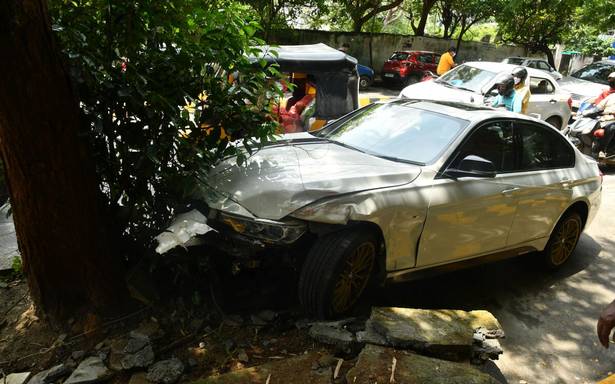The court held that delay in lodging an FIR in such cases is insignificant, but much weightage cannot be given to it in proceedings for determining compensation under the Motor Vehicles Act.
The Punjab and Haryana High Court has held that the Motor Vehicles Act is a piece of welfare legislation and its purpose is to provide prompt compensation to the injured or the next of kin dying in road accidents and a liberal approach is required while dealing with matters under this statute.
The court has held that delay in lodging an FIR in such cases is insignificant. While the factor may be relevant during a criminal trial, much weightage cannot be given to it in proceedings for determining compensation under the Motor Vehicles Act, the court held.
Justice H. S. Madaan passed these orders on October 5 while disposing of a petition filed by a private insurance company against the compensation awarded by a court in Palwal, Haryana, for the death of a 26-year-old man of Bhiduki village.
The man riding a motorcycle rider was killed on October 10, 2015 due to “rash and negligent” driving by the driver of a car.
“It has to be kept in mind that Motor Vehicles Act is a piece of welfare legislation and its purpose is to provide prompt compensation to the persons suffering injuries in a motor vehicular accident or to family members of such persons unfortunately dying in such road mishaps. A liberal approach in the matter is required,” the HC observed.
FIR is often lodged in a hurry and it may not contain the minute and precise details of the incident. The FIR can be registered by a person, who may not be an eye-witness of the same, the court further observed.
“It is only during investigation of the case that the police can come to know about the culprit/criminal, who had committed the crime. Merely for the reason that accused is not named in the FIR does not result in causing any dent in the prosecution story," the HC observed.
“Here although there has been some delay in reporting the matter to the police, but such factor may be quite relevant during the criminal trial but it cannot be given much weightage in proceedings for determining compensation payable in a petition under Section 166 of the Motor Vehicles Act,” it observed.
The deceased man’s family had filed a claim petition against the car driver and while hearing their plea, a claims tribunal in its order in September 2017 had ordered the insurance company to pay a compensation of ₹30,88,172.
However, the insurance company had approached the high court, while a separate petition seeking enhancement of compensation was also filed by the next of kin of the deceased.
Source: Read Full Article

